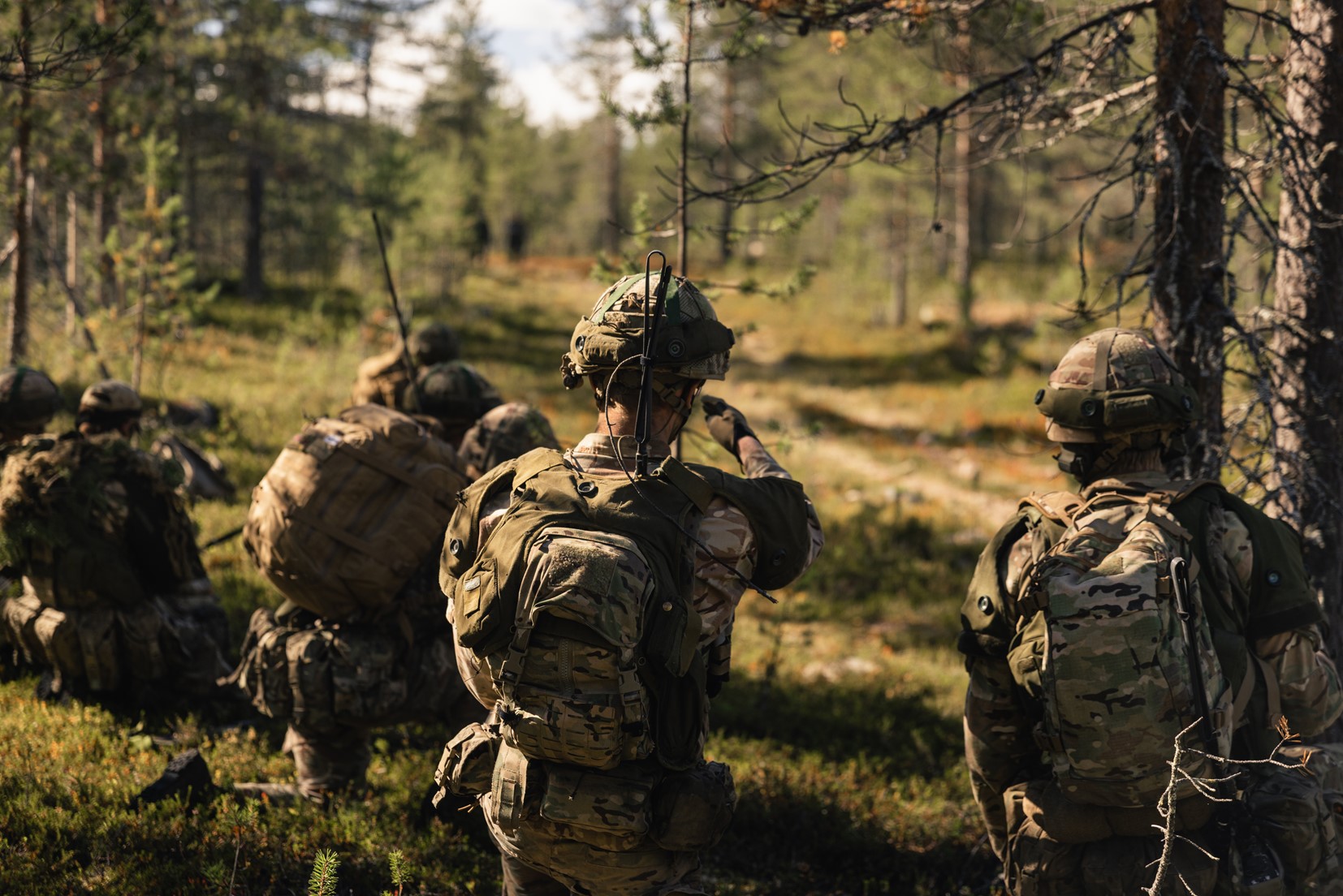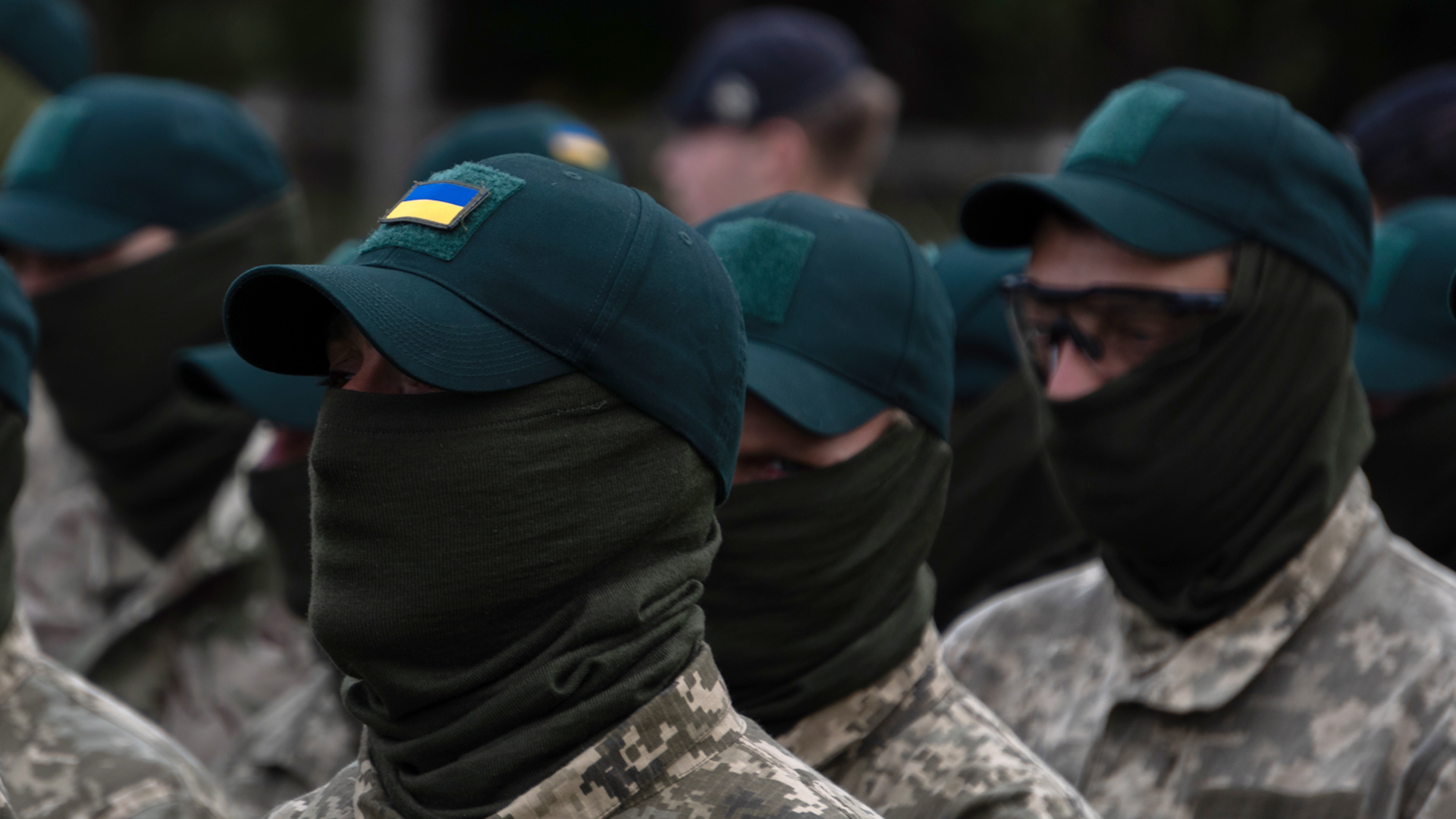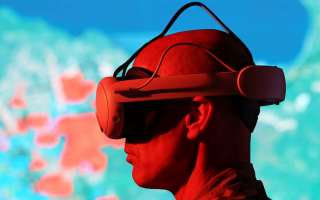
Martial law: What happens when the military steps in and temporarily takes control

In a time of emergency or during a crisis, when civil authorities are judged to be inept, the military can temporarily take control – this is martial law.
South Korea's president shocked the country by declaring martial law for the first time in almost 50 years.
But what is this rule, and has the UK ever imposed this?
During war, rebellion or extreme unrest and under martial law, normal laws can be suspended.
Things like curfews, censorship and military tribunals might take over, with civil rights often being put on hold.
Ukraine has been under martial law since 2022 and under it, men in Ukraine are first drafted into regular military service and can later be mobilised to fight on the frontline by the government.
Since February 2022, when Russia invaded, men between the ages of 18 and 60 have not been allowed to leave the country without a special exemption.

The UK has technically not ever formally used martial law but there have been moments where military power came close.
In Ireland, during the 1798 rebellion and the War of Independence, British forces imposed strict military control suppressing uprisings.
Then later during the 1926 general strikes troops were deployed to maintain order.
During the Second World War, the government used emergency powers but not full martial law.
However, unlike the UK, other countries have used it, such as Germany and Japan during post-Second World War construction, and the US following the Civil War.









